Application of DOK Levels in Mathematics
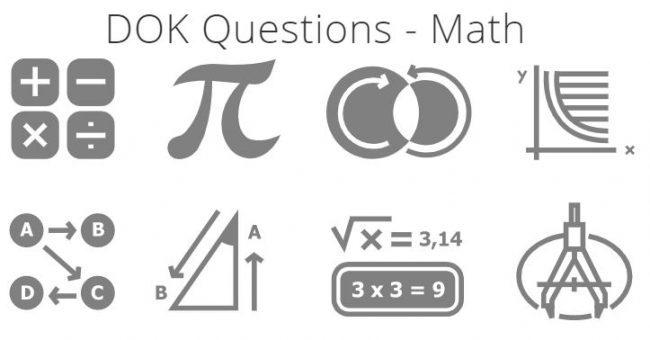
In our Depth of Knowledge article, we provided an insight into the specifics of this rubric for the assessment of education-related tools. Building upon that, we created another Depth of Knowledge Questions (Science) article to provide a look into how the DOK Levels translate into practical questions. And now, to complete the translation of the […]
Augmented Learning (AR) Teaching Methodologies
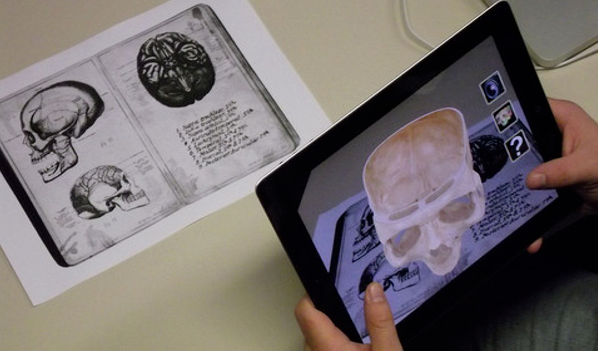
Augmented Reality is cutting-edge technology that inserts elements from the virtual world into the real one. Various studies relating to the use of AR technology in learning (link below) report that using Augmented Reality as an ancillary tool for learning enhances learner engagement. Additionally, it helps learners gain a better understanding of information compared to […]
Importance of Gamification in Teaching and Learning
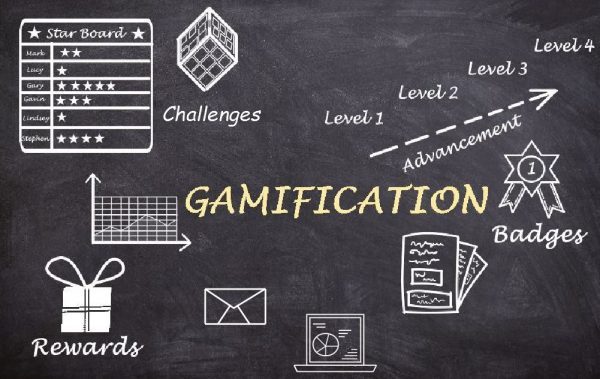
Gamification works on the foundation of applying game mechanics and design to non-gaming contexts, such as learning, with the objective of providing a more fun and engaging experience in conventional contexts. This promotes engagement, participation, and loyalty. Thus, the implementation of gamification in learning and teaching has been a source of great interest for educators […]
Depth of Knowledge Sample Questions for Science
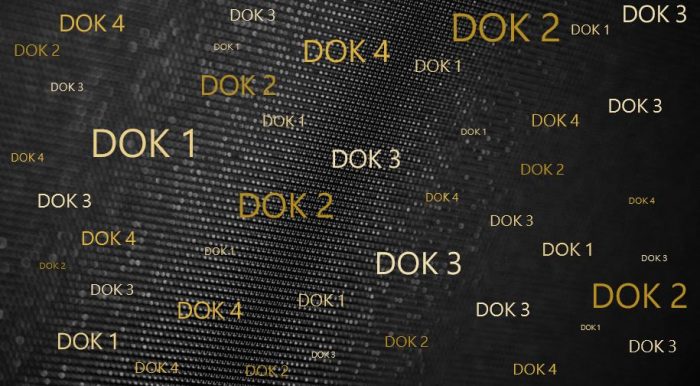
These example Depth of Knowledge questions are listed in increasing order of difficulty. Following this pattern, you can develop your own questions based on the subject and the student’s proficiency. DOK Level – 1 Q1. Which theory has most prominently predicted the existence of the long-sought Higgs boson particle? Q2. What is the most thermodynamically stable form […]
Flipped Classrooms Model: A New Gateway To Learning
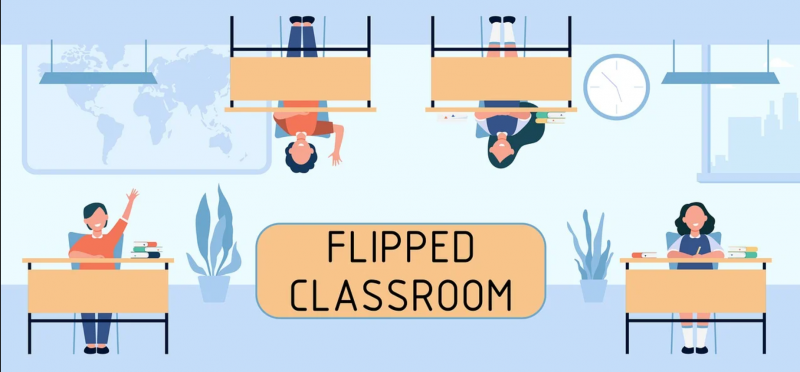
With the speeding of technological advancements, education could no longer have stayed unaffected. The wave of digitization had taken over the administration of schools and universities long back, and now technology has made its way to teaching and learning methodologies too. Flipped Classrooms Model is one such emerging teaching methodology that engages academic learning and […]
Design Thinking: Teaching Methodologies
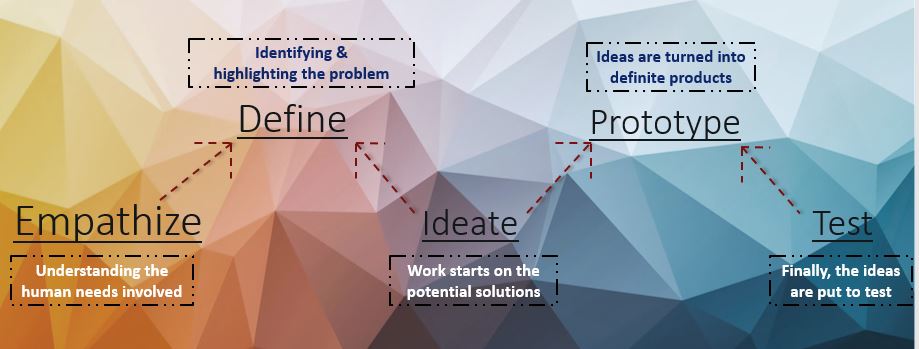
What exactly is Design Thinking? Design Thinking is a practical and creative problem-solving school of thought that takes a solution-based approach. Moreover, it is an iterative process that does not have to take place sequentially, i.e., it is non-linear. This teaching methodology prepares students for the world outside of classes and school. Thus, they solve […]
A Glimpse into the World of Online Tutoring

Online tutoring refers to delivering lessons through online mediums, mostly in the physical absence of the tutor. As early as 1996, the use of the internet gave way to the initiation of asynchronous online tutoring. Since then, various developments in the field have been witnessed, thereby making it as efficient as today. Online tutoring is […]
Common Core State Standards And Its Significance
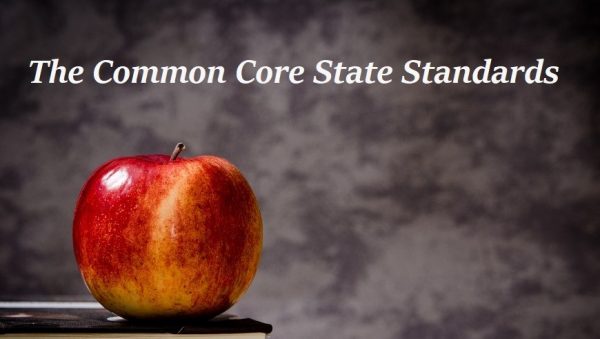
The Common Core State Standards (CCSS) are generic learning goals laid down by the California State Board, along with representatives from 48 states across the globe, all of whom were the members of the National Governors Association Center for Best Practices (NGA Center) and the Council of Chief State School Officers (CCSSO) at the time, […]
Effective Practices for Online Tutoring

Online tutoring has seen a substantial upsurge in recent years. With more and more students flocking toward the mode of Distance Learning, online tutoring has become an inevitable part of the education system. Teaching methodologies such as Flipped Classroom has also contributed to the growing use of online mediums. However, it is important to note […]
Depth of Knowledge (DoK)
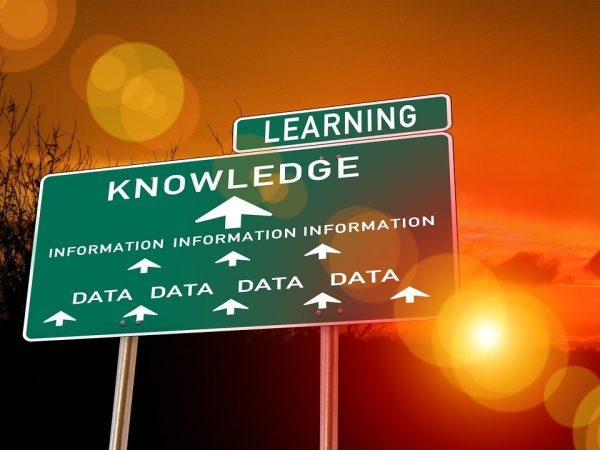
What is Depth of Knowledge? A senior research scientist and mathematics teacher from the University of Wisconsin-Madison, Norman L. Webb, conducted extensive research throughout the 1990s and developed a system for methodically analysing education-related tools and standardized assessments called the Depth of Knowledge (DOK). Originally, Webb developed Depth of Knowledge only for the field of […]


